A young man is falsely accused of molesting a high-school girl on a train. He is arrested and charged, and goes through endless court sessions, all the while insisting that he is innocent.
Related Movies
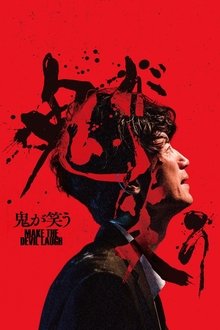
Make the Devil Laugh (2022)
Kazuma kills his father in order to protect his mother and younger sister from violence. He begins life at a halfway house with an aim toward social rehabilitation and also works diligently at a scrap mill, but society has labeled him a “murderer”. Gradually, Kazuma loses hope.
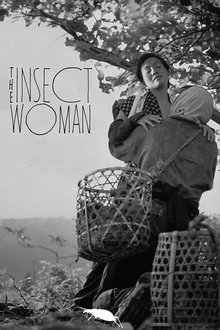
The Insect Woman (1963)
A woman, Tome, is born to a lower class family in Japan in 1918. The title refers to an insect, repeating its mistakes, as in an infinite circle. Imamura, with this metaphor, introduces the life of Tome, who keeps trying to change her poor life.
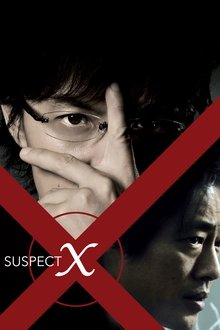
Suspect X (2008)
A male corpse is discovered with a smashed face and burned hands. Strangely, the cause of death is determined to be strangulation. When Detective Kaoru Utsumi attempts to corroborate the victim’s ex-wife’s alibi she discovers the mysterious neighbor and only a few small clues to help her disprove a seemingly "airtight" alibi...
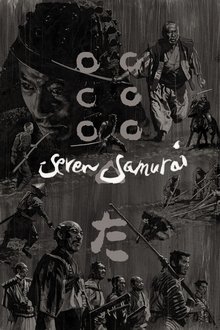
Seven Samurai (1954)
A samurai answers a village's request for protection after he falls on hard times. The town needs protection from bandits, so the samurai gathers six others to help him teach the people how to defend themselves, and the villagers provide the soldiers with food.

12 Angry Men (1957)
The defense and the prosecution have rested and the jury is filing into the jury room to decide if a young Spanish-American is guilty or innocent of murdering his father. What begins as an open and shut case soon becomes a mini-drama of each of the jurors' prejudices and preconceptions about the trial, the accused, and each other.
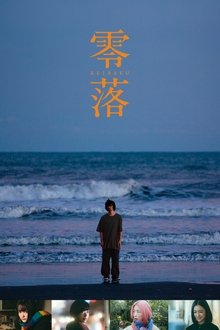
Downfall (2023)
Kaoru Fukazawa is a manga artist. His manga series was published for eight years, but has now finished. He doesn't have any ideas for his next work. His situation seems bleak, with his editor seeming to not care about him anymore and his relationship with his wife Nozomi Machida being troubled. He spends his days in despair and darkness. Kaoru visits a business that provides sexual services and meets a prostitute named Chifuyu, who attracts him. They decide to head to Chifuyu's hometown together.
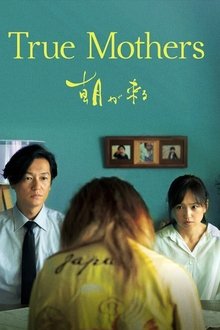
True Mothers (2020)
After suffering through a long and unsuccessful series of fertility treatments, Satoko and her husband Kiyokazu make the decision to adopt a child. Six years after adopting a boy they named Asato, Satoko has quit her job to concentrate fully on her husband and son. The family lives a peaceful existence until the arrival of a stranger.
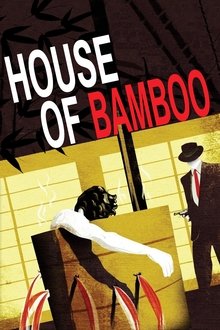
House of Bamboo (1955)
Eddie Kenner is given a special assignment by the Army to get the inside story on Sandy Dawson, a former GI who has formed a gang of fellow servicemen and Japanese locals.

His (2020)
Shun and Nagisa first meet and fall in love during their first year of high school. While Shun is graduating from university, Nagisa tells him that he doesn't see a future for them. Despite Shun's strong feelings, they go their separate ways. Years later, Shun is now a store owner, living alone in a rural area. Out of the blue, Nagisa arrives with his six-year-old daughter, Sora. Spending time together, Shun realizes he still harbors feelings for Nagisa. Can Nagisa reconcile with his feelings for Shun, which have been there all along?

Agnes of God (1985)
When a dead newborn is found, wrapped in bloody sheets, in the bedroom wastebasket of a young novice, psychiatrist Martha Livingston is called in to determine if the seemingly innocent novice, who knows nothing of sex or birth, is competent enough to stand trial for the murder of the baby.
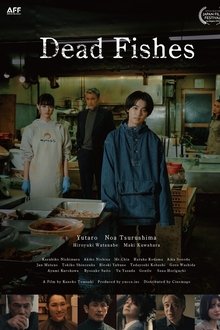
Dead Fishes (2022)
Shun Miyata's new life in Tokyo takes a dark turn when he and coworker Yuka discover their boss Yuriko is involved in insurance fraud and murder. As they grapple with the betrayal, their bond deepens, contrasting youthful hope against a backdrop of adult corruption.
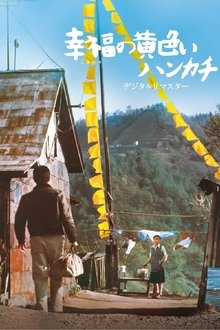
The Yellow Handkerchief (1977)
The story is about a convict released from prison for an old murder who is thinking about returning to his ex-wife and his former life. If she puts a yellow handkerchief on the window, it would mean that she wants him back at home.
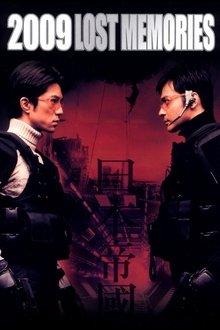
2009: Lost Memories (2002)
There are breakpoints in the history, the result of a single event may change the whole course. In 1909, an assassination attempt of a Japanese governor fails. Now, in 2009, Korea is just another state of Japan's Empire & Seoul has become a major city. A Korean resistance group fights for liberty, independence & the restoration of true history. Two cops, Japanese & Korean, investigate the group.
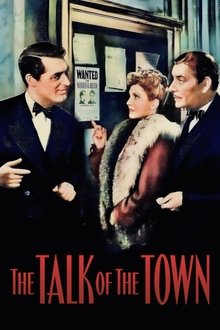
The Talk of the Town (1942)
Hilarity ensues when a falsely accused fugitive from justice hides at the house of his childhood friend, which she has recently rented to a high-principled law teacher.

Make-Believers (2024)
Masa hires rental actress and aspiring dancer, Kanako, to pose as his fiancée to impress his estranged, terminally-ill father. But as his father's death delays, Masa is forced to confront the spiraling web of lies and to learn to follow his heart.
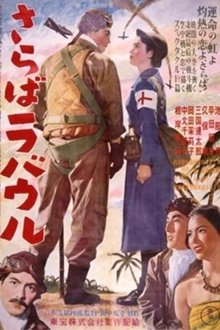
Farewell Rabaul (1954)
A squadron of Japanese fighter pilots realise that they are never going to win the war when they understand that Japanese military tactics have little regard for life. Seeking the companionship of any woman who will have them, they spend their days indulging in every fantasy in order to escape the overwhelming fear of death looming just over the horizon.
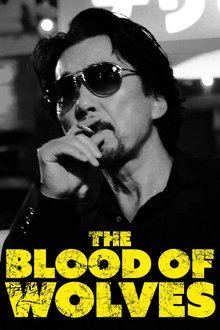
The Blood of Wolves (2018)
Set in 1988 in Hiroshima, Japan, prior to the enactment of the anti-organized crime law. A rumor exists that Detective Shogo Ogami has ties with the yakuza. He is partnered with Detective Shuichi Hioka and they investigate a missing person case involving a financial company employee. Conflicts between opposing yakuza groups become more serious.


